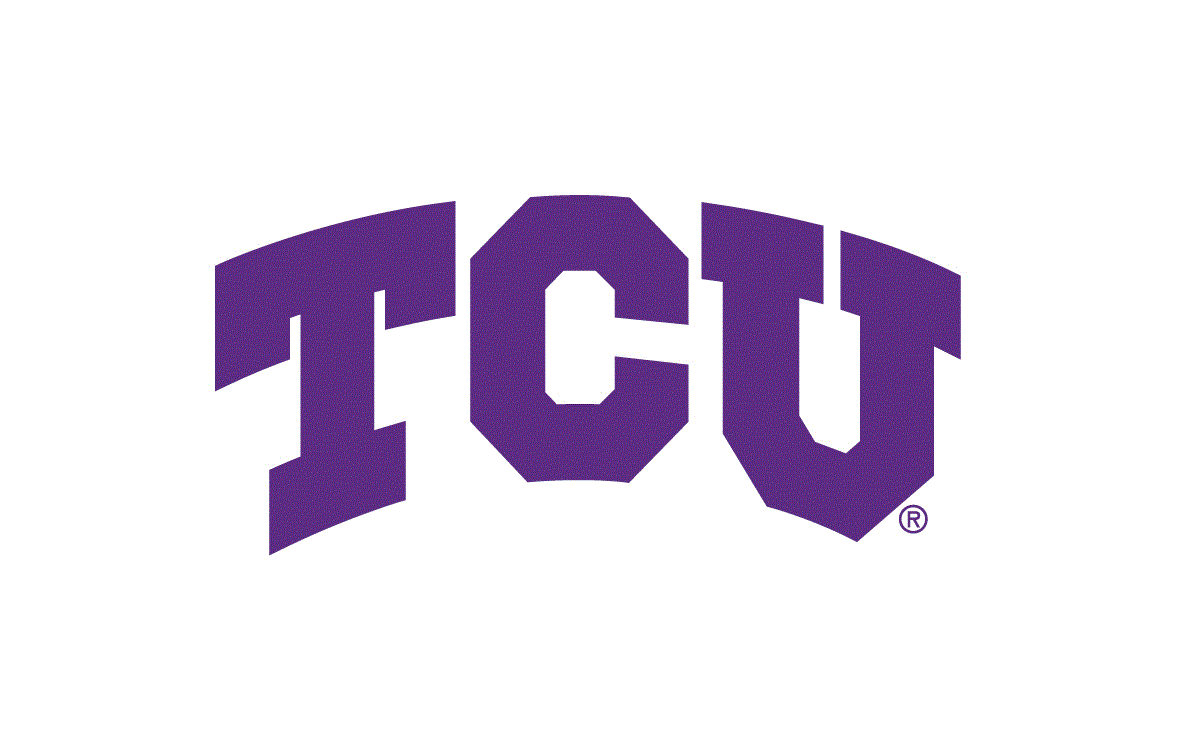Abstract
Margaret Cavendish, Duchess of Newcastle, can be called many things: writer, poet, philosopher, woman, Royalist, eccentric rule-breaker, scientific collaborator, utopian thinker, and the list goes on. Unfortunately, access to her writings, typically her The Description of a New World, Called the Blazing World, are often limited in academic settings to courses centered on the seventeenth century, early modern utopian literature, Restoration literature, and possibly an early modern women writers class. Though these are all wonderful course topics, they are often upper-division courses specifically designed for English majors of the early modern period. Limiting Cavendish to only these courses means that most university students will not come across her texts, even if their institution requires at least one English elective course. Furthermore, Cavendish tends to be excluded from entry-level English courses because these courses are often designed around contemporary themes and texts that target students from diverse academic disciplines and non-English fields of study. Additionally, Cavendish is often seen as inaccessible to a wide audience because her writing style and philosophical experimentations can be difficult to process. In typical English classes, student understanding of literature is often assessed by requiring them to write academic essays that adhere to a very traditional structure, which can be intimidating to non-English majors. In order to introduce Cavendish to a broader student body, this essay will examine teaching her texts through multi-modal, student-centered, creative pedagogy using digital, visual, written, and verbal expressions that go beyond the traditional academic essay. A more diverse pedagogical approach to teaching Cavendish ensures that she can be read alongside, and in conversation with, more contemporary writers and texts.
Keywords
pedagogy, LGBTQIA+, gender, utopia, science
Recommended Citation
Topale, Jennifer
(2024)
"Relocating Early Modern Women: Teaching Margaret Cavendish to a Broader Audience,"
ABO: Interactive Journal for Women in the Arts, 1640–1830: Vol.14: Iss.1, Article 4.
http://doi.org/10.5038/2157-7129.14.1.1351
Available at:
https://digitalcommons.usf.edu/abo/vol14/iss1/4
Included in
Curriculum and Instruction Commons, Dramatic Literature, Criticism and Theory Commons, Educational Methods Commons, Feminist, Gender, and Sexuality Studies Commons, Literature in English, British Isles Commons

